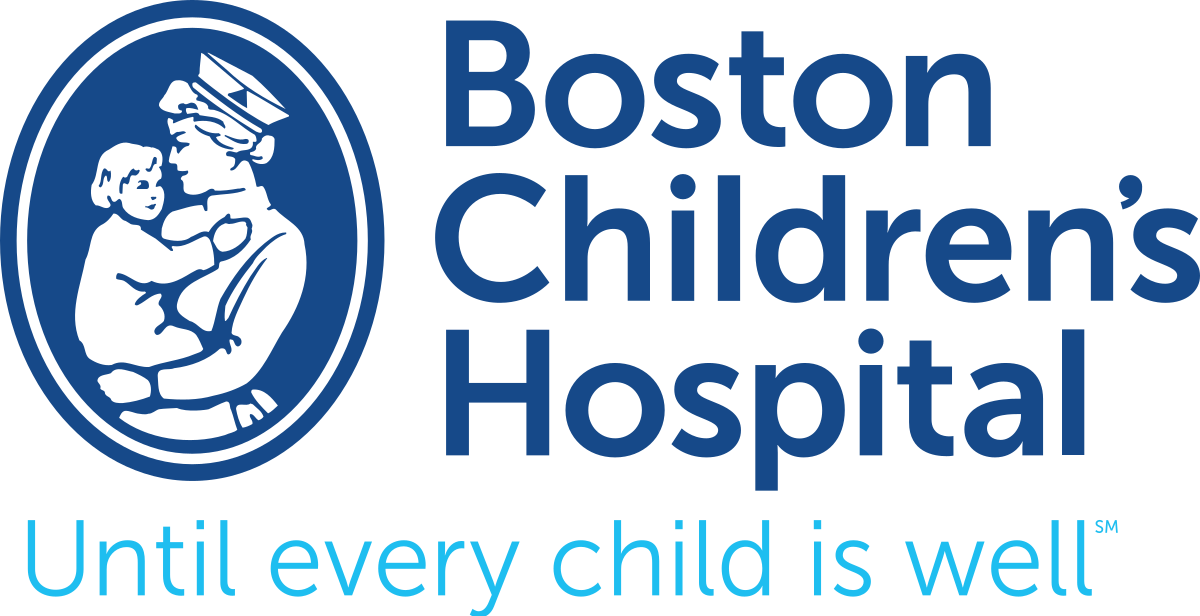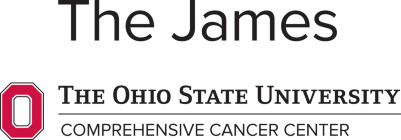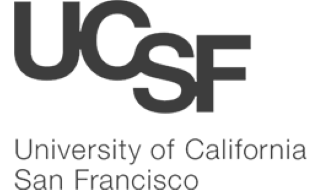CSVCC
Convergent Science
Virtual Cancer Center
The CSVCC is a convergent approach to cancer research that combines advances from diverse scientific disciplines to improve outcomes for patients. The program provides personalized mentorship, support, and funding to early-career scientists studying cancer.
The CSVCC is co-led by the University of Arizona Cancer Center and the Convergent Science Institute in Cancer at the USC Michelson Center for Convergent Bioscience.
The CSVCC Scholars are from diverse research and clinical background and institutions including:
-
Albert Einstein College of Medicine
-
Ann & Robert H. Lurie Children's Hospital of Chicago
-
Boston Children’s Hospital
-
Brigham and Women’s Hospital
-
Case Western Reserve University
-
Cleveland Clinic
-
Columbia University Medical Center
-
Dana-Farber Cancer Institute
-
Harvard University
-
Icahn School of Medicine at Mount Sinai
-
Massachusetts General Hospital
-
MD Anderson Cancer Center
-
Ohio State University
-
Stanford University
-
Translational Genomics Research Institute (TGen), part of City of Hope
-
University of Minnesota Twin Cities
-
Washington University in St. Louis
-
University of California San Francisco
-
University of Chicago
University of Arizona
Comprehensive Cancer Center
1515 N. Campbell Ave.
Tucson, AZ 85724
cancercenter.arizona.edu

University of Southern California
Convergent Science Institute in Cancer
1002 West Childs Way
Los Angeles, CA 90089




















